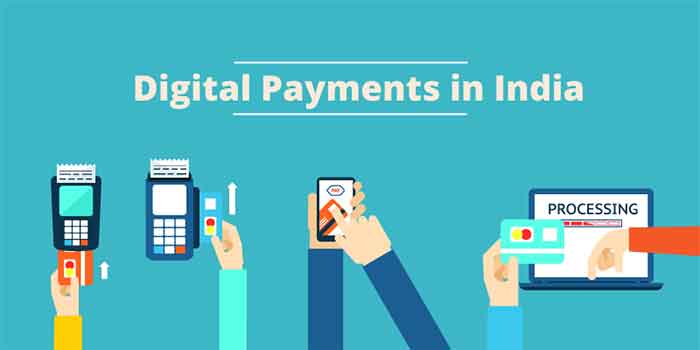
Indians’ headlong zeal for digital payments is curious to me. I’m not reflexively anti-technology, but I do believe there are limits. And even on a short trip to India, with relatively few financial dealings, I’ve come to believe that carrying cash is still a good idea. And one that I will hold onto.
In the Odyssey, the hero comes upon the island of Aeaea, the home of Circe. With her potions and magic staff, she had the power to turn people into animals; in the case of Odysseus’s crew, she makes them swine.
Network effects can make us all into swine if we are not careful. It’s a strange phenomenon, associated with herd behavior. To explain, let me go back to payments.
Digital payments arose along with the proliferation of smart devices and the meteoric rise of e-commerce. Eager entrepreneurs and large financial institutions alike saw an opportunity and took it. In India, the government bolstered the industry and set the tone for the country. A conversation I had with an extremely well-to-do business leader described the scenario perfectly-he said, “In India, things are happening at breakneck speed. Digital payments are ubiquitous, from banks to street vendors. I never carry cash anymore and haven’t written a check in years.” (I should note that this person has likely never visited a village or asked a farmer to describe her “economics”.)
As I walk around Indian cities, I see signs for Paytm and others everywhere. Further, the people I know no longer use cash and are eager to take out their phones to pay or to use credit cards. In one incandescent moment at a bookstore, the man in front of me at the register, took out a massive wad of cash, fumbled around a bit, and then offered his credit card to pay a meager Rs. 120 to the cashier.
As people eschew cash, vendors- if they want to do business- have to accept digital payments. And as more people accept digital payments, the less people want to deal with cumbersome bank notes. Since people don’t carry cash, more vendors have to accept electronic payments. And so on. The cycle continues. And soon, we’re all swine.
But the story doesn’t end there. In Kolkata airport, I wanted to buy a bottle of water. It was Rs. 100 and I took out a 500-note to pay. The cashier said “sorry sir, no change. Please use electronic payments.” I was flabbergasted. My money- real money- was no good there. I walked away, disgusted. The “squeaks, grunts, and oinks” got louder.
Let’s imagine another scenario. You and I play cards, with money, and we settle up after each hand. We decide to play 500 hands at Rs. 1000 each. If we were playing with cash, we’d bring a stack of bills and play. At the end of the session, the total monies we both brought to the table would be the same in aggregate. Perhaps you’d have more than you brought, perhaps I’d have more than I brought but in total, the amount remains constant.
Now suppose we each paid each other electronically after each hand. What would happen at the end of 500 hands? If you want to know, read this. But you get it. The piper has to be paid.
Naturally, electronic payments have great advantages. And cash handling comes at a cost too. But, remember, small fractions- 50 paise here, 2 rupees there, at scale add up to massive sums. Ask the folks at Visa. Ask someone how the Grand Canyon was formed. A millimeter here and a millimeter there.
The store at Kolkata airport lost a transaction. Sure, it was a small one, but when I walked away, I felt just a little less like a pig.











































